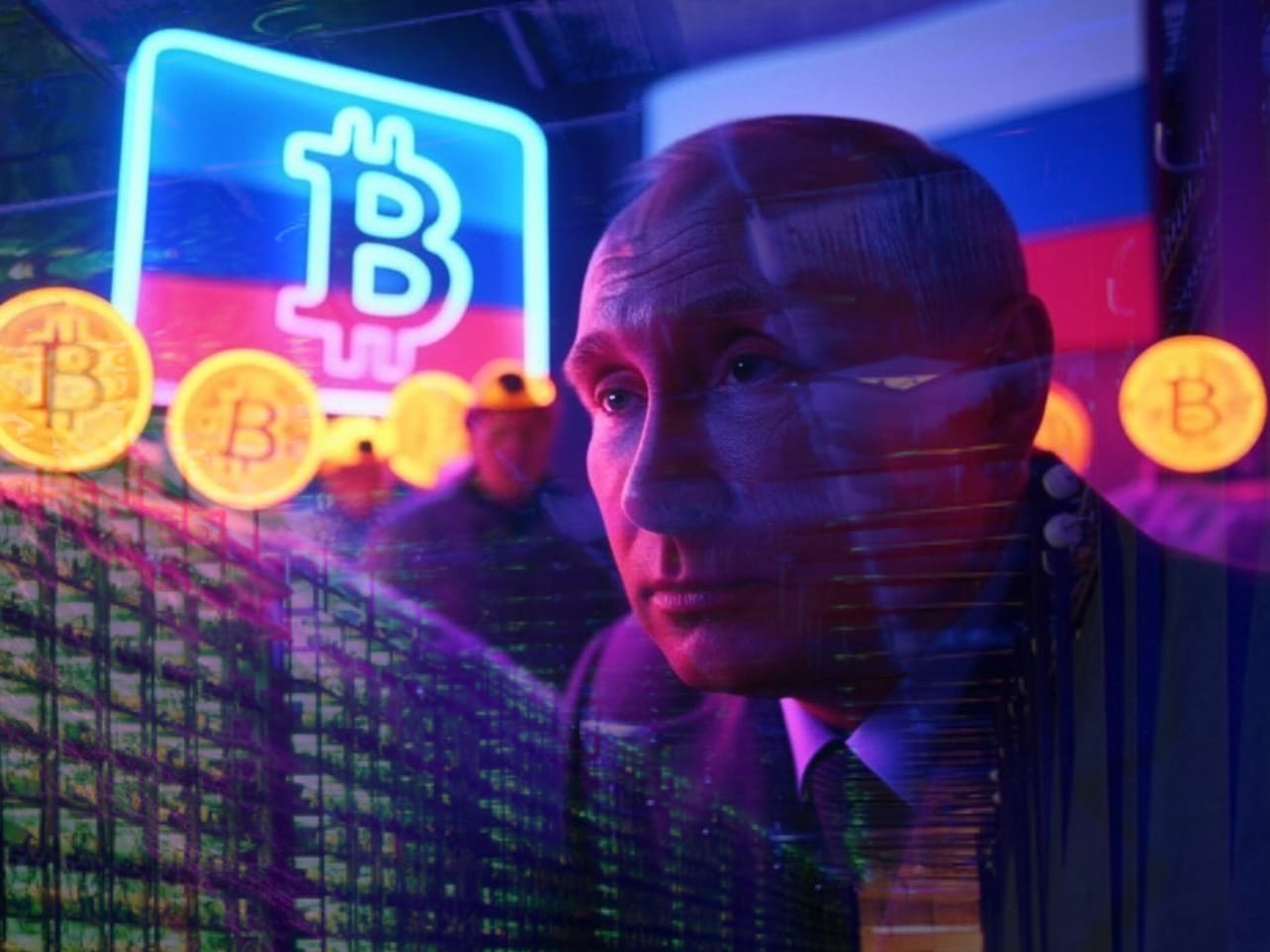Russia Says It Uses Bitcoin for International Payments Amid Western Sanctions

In a strategic pivot to navigate around Western sanctions, Russian companies are increasingly turning to Bitcoin and other digital currencies for their international transactions. This shift comes in the wake of legislative changes that now permit the use of cryptocurrencies in foreign trade, a move highlighted by Finance Minister Anton Siluanov in a recent interview on Russia 24.
The backdrop to this policy shift is a complex landscape where Russia's traditional trade routes, particularly with major partners like China and Turkey, are fraught with challenges. Western sanctions have made banks in these countries wary of handling transactions linked to Russia, fearing repercussions from Western regulatory bodies. This cautious approach by foreign banks has pushed Russia to explore alternative financial systems to maintain its economic interactions on the global stage.
Legislative Leap Forward
The Russian government has not only allowed the use of cryptocurrencies in cross-border payments but has also taken steps to legitimize the mining of cryptocurrencies within its borders. Russia, already a powerhouse in the Bitcoin mining sector, sees this as a way to leverage its substantial computing resources. Siluanov emphasized that the "experimental regime" allows domestically mined bitcoins to be used in foreign trade, signaling a new era where digital currencies could become a staple in Russia's economic toolkit.
Siluanov expressed optimism about the future of cryptocurrencies in international payments, stating, "Such transactions are already occurring. We believe they should be expanded and developed further. I am confident this will happen next year." This statement not only acknowledges the current use but also sets a tone of ambition for the expansion of digital currency usage in Russia's economic strategy.
The minister's comments come at a time when global financial dynamics are shifting. The use of the U.S. dollar as a political tool has been criticized by Russian President Vladimir Putin, who earlier this month pointed out that this practice is undermining its status as the world's reserve currency. Putin's critique was not just a commentary on U.S. policy but also an endorsement of cryptocurrencies like Bitcoin, which he described as assets beyond the regulatory grasp of any single nation. His remarks underscore a broader strategic view where cryptocurrencies could serve as an alternative to traditional financial systems, especially for nations like Russia facing economic restrictions.
This move towards embracing digital currencies in Russia is not just about bypassing sanctions; it's a glimpse into a future where cryptocurrencies could redefine how nations engage in trade and manage their financial sovereignty. As Russia continues to experiment and possibly lead in this domain, the implications for global trade, regulatory frameworks, and economic power dynamics are profound. The year ahead will likely see further developments in how Russia integrates cryptocurrencies into its economic blueprint, potentially setting trends for other nations navigating similar geopolitical waters.

